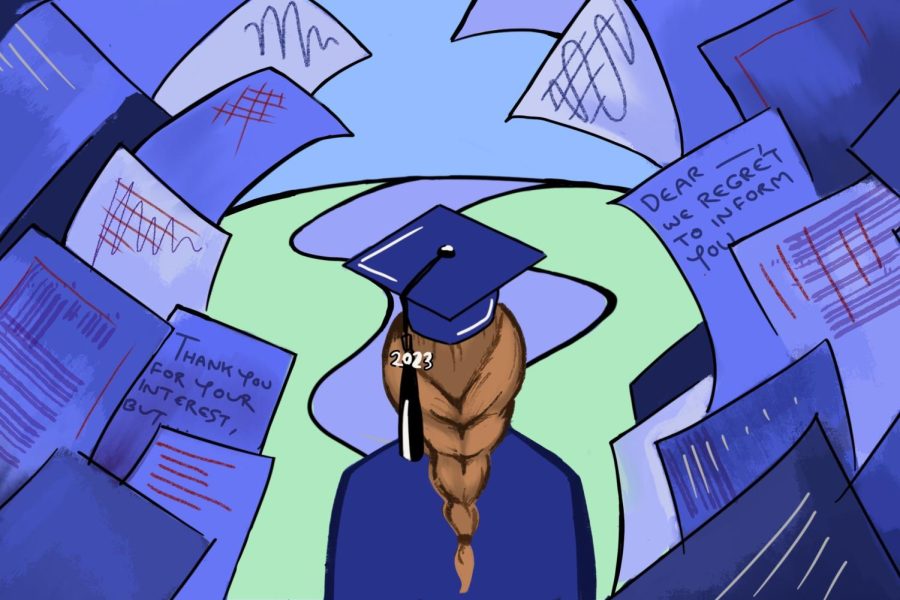South Korean boy band BTS shocked fans worldwide as they announced their third-ever extended hiatus as a group in a dinner party celebration video released June 14. Promising to return as a group in the unforeseeable future, they were met with overwhelming support from fans, despite some initial disappointment.
Two days after their Busan performance, BTS’ management company, Big Hit Entertainment, announced their mandatory military service on Oct. 17. Their service, as required by South Korean law, would leave the members on a 3-year hiatus, returning in 2025
South Korea’s conscription policy requires all able-bodied men to serve at least 18 months in the armed forces by age 28 due to ongoing threats from North Korea. However, some Koreans, including Culture, Sports, and Tourism Minister Hwang Hee, believe that BTS’s contributions to South Korea’s prestige warrant an exemption from service. Crowned with the title of the world’s most successful K-pop group, questions also remain regarding the economic impact of their hiatus, especially considering BTS’s annual $5 billion contribution to the South Korean economy.
Since BTS’s debut in 2013, their fame has skyrocketed internationally. From being the first K-pop group to win a Billboard Music Award to speaking at the United Nations, BTS is a household name among pop fans worldwide.
Despite their popularity, entertainment artists or athletes should not be exempt from military conscription. Before they are award-winning athletes or world-renowned artists, they are South Korean citizens and should be treated no differently from average citizens.
Exemptions give citizens who can afford to succeed in the entertainment industry an unfair advantage over aspiring artists with fewer resources, especially considering that conscription occurs during the peak of K-pop stars’ careers. Given that wealthy families are more likely to avoid service along with high-profile cases of affluent draft dodgers, those who can afford to escape conscription often do so — giving them a leg up in a hypercompetitive industry.
Since 1973, South Korea has maintained a policy offering exemptions from conscription for successful classical musicians and athletes who garnered international fame.
A similar policy was adopted for Jin, BTS’s oldest member. Rather than eliminating conscription entirely, the South Korean government offered him a two-year delay when he turned 28, in recognition of his contributions to enhancing Korea’s global image. The delay was made possible through a revision to the Military Service Act that allows K-pop stars to postpone their service until they turn 30. Aptly named, the ‘BTS Law,’ was proposed after their first English single, “Dynamite,” took the number one spot on the Billboard Hot 100 in September 2020.
Not everyone is on board with the idea that artists and athletes could be exempt from service. Koreans have been divided on the issue since the 1997 ‘entertainment soldier’ program, in which South Korean celebrities had the option to enlist in a special unit. Many of their duties in this unit involved posing for promotional materials and appearing in broadcasts in support of the military. Yoo-min Kim, a regular citizen who finished his enlistment commented on the program.
In an interview with CNN, Kim said, “The question we were all asking was, ‘Why do they get to have that kind of special treatment?’”
As a result of such dissent, the ‘entertainment soldier’ program’s ended in July 2013, after scandals emerged due to several celebrities enjoying leisure time that regular citizens were barred from during their enlistment, leading to subsequent protests from citizens against the preferential treatment.
Reservations about BTS’s required enlistment continue to exist among fans and citizens alike, who recognize the huge cultural and economic impact that BTS had on South Korea. Despite the temporary economic and cultural loss, BTS’s enlistment reflects an honorable commitment to fairness between superstar and regular citizen.







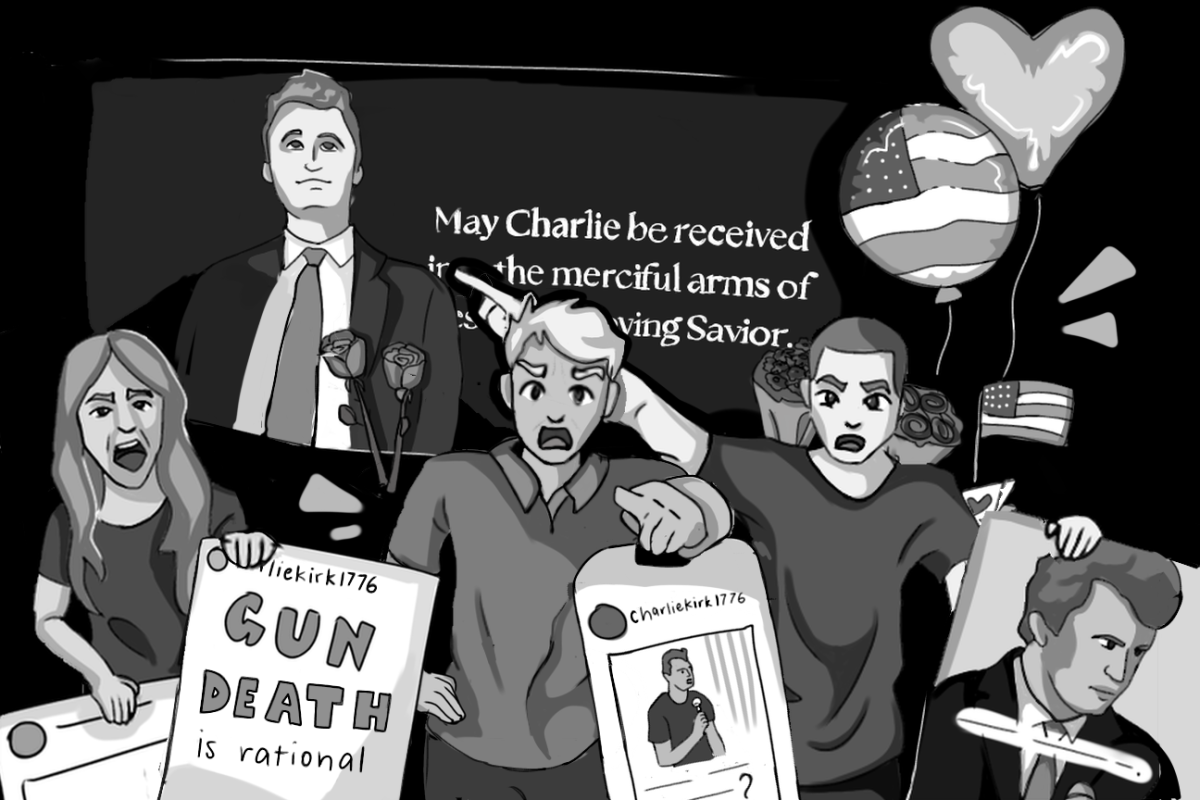
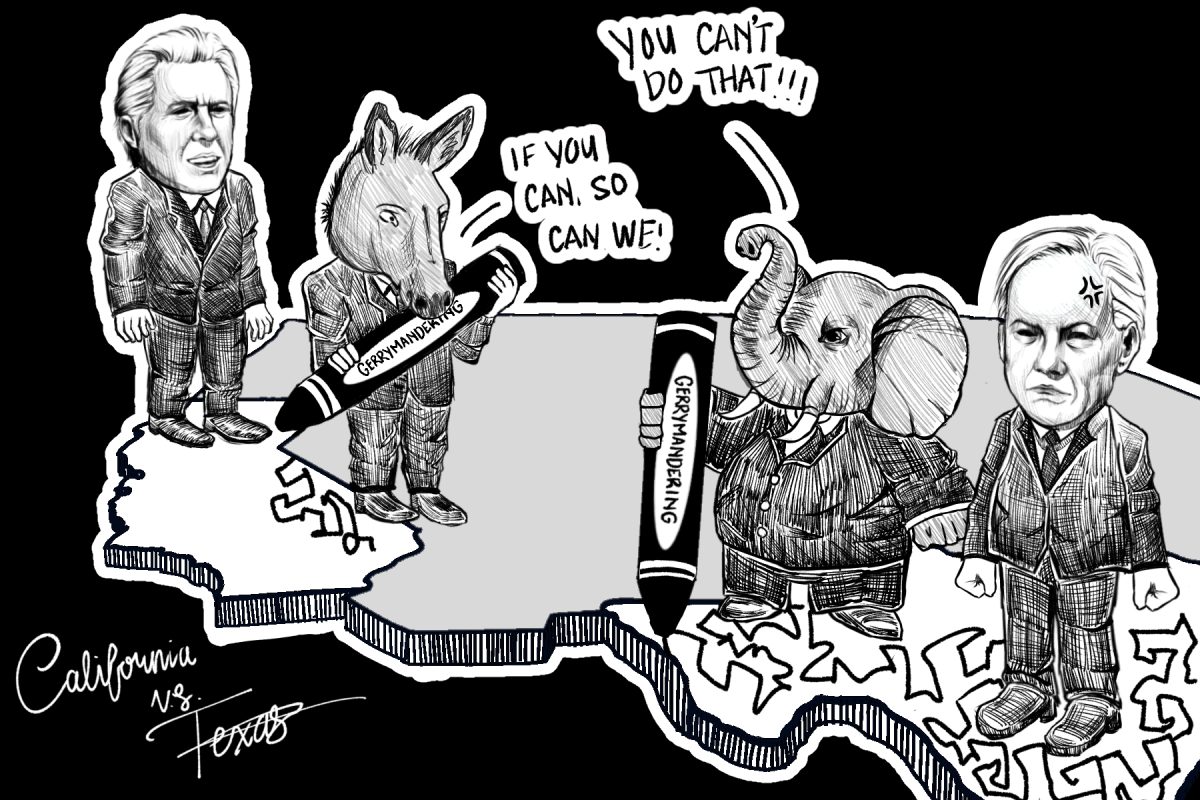
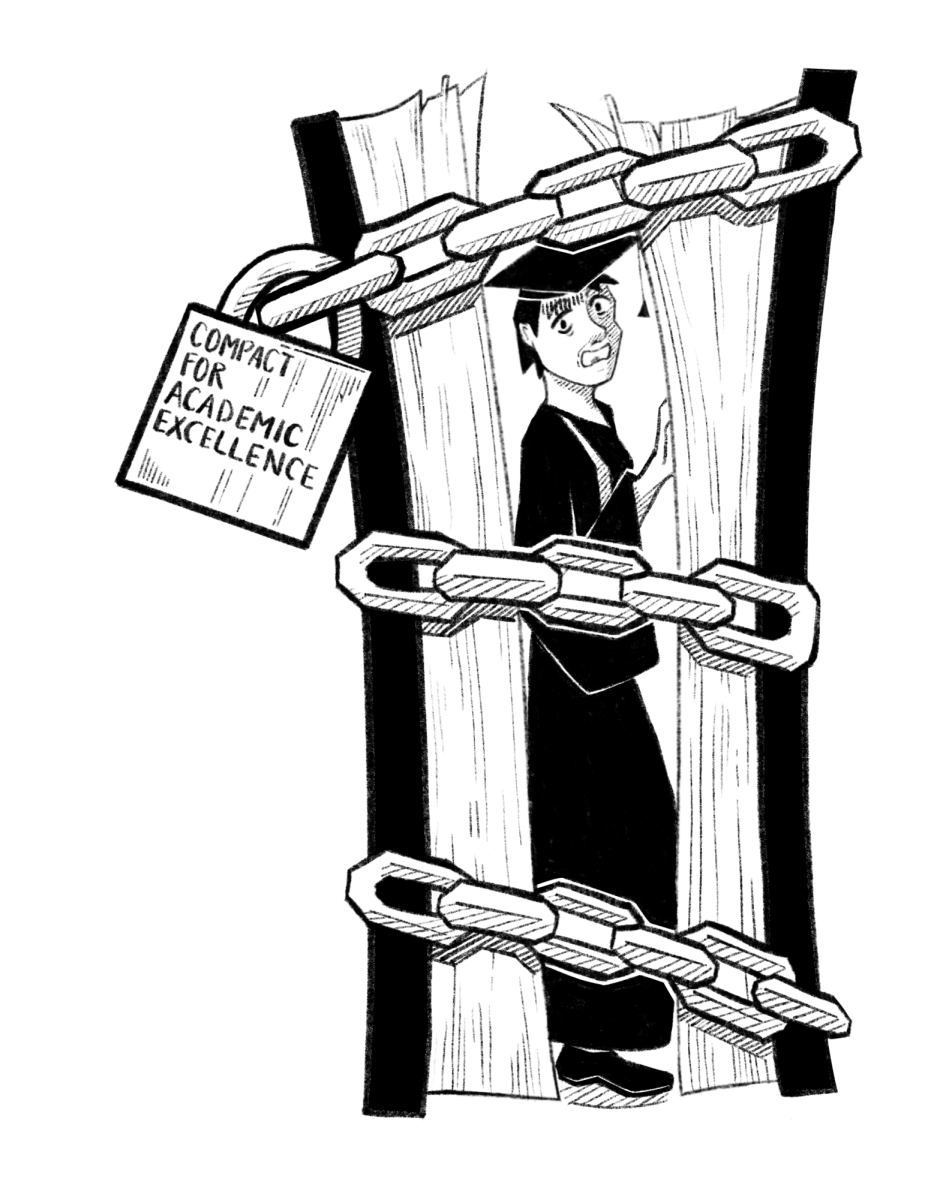
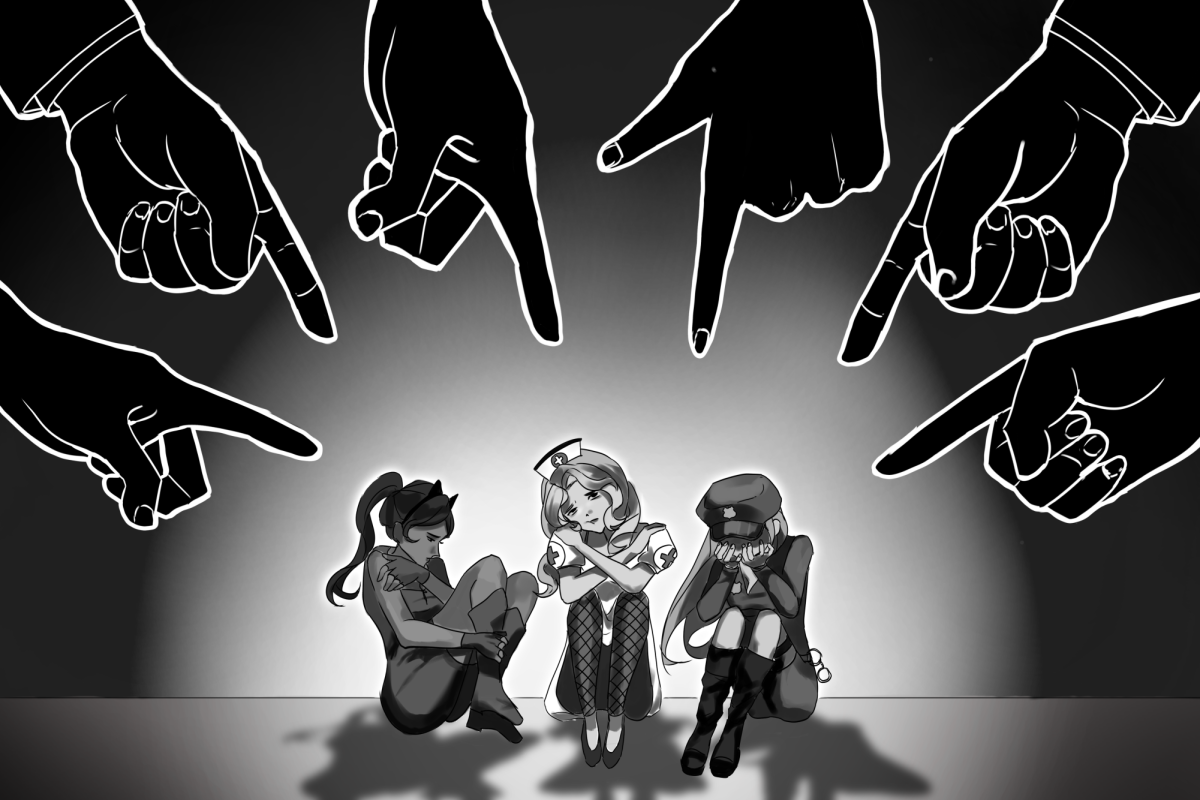












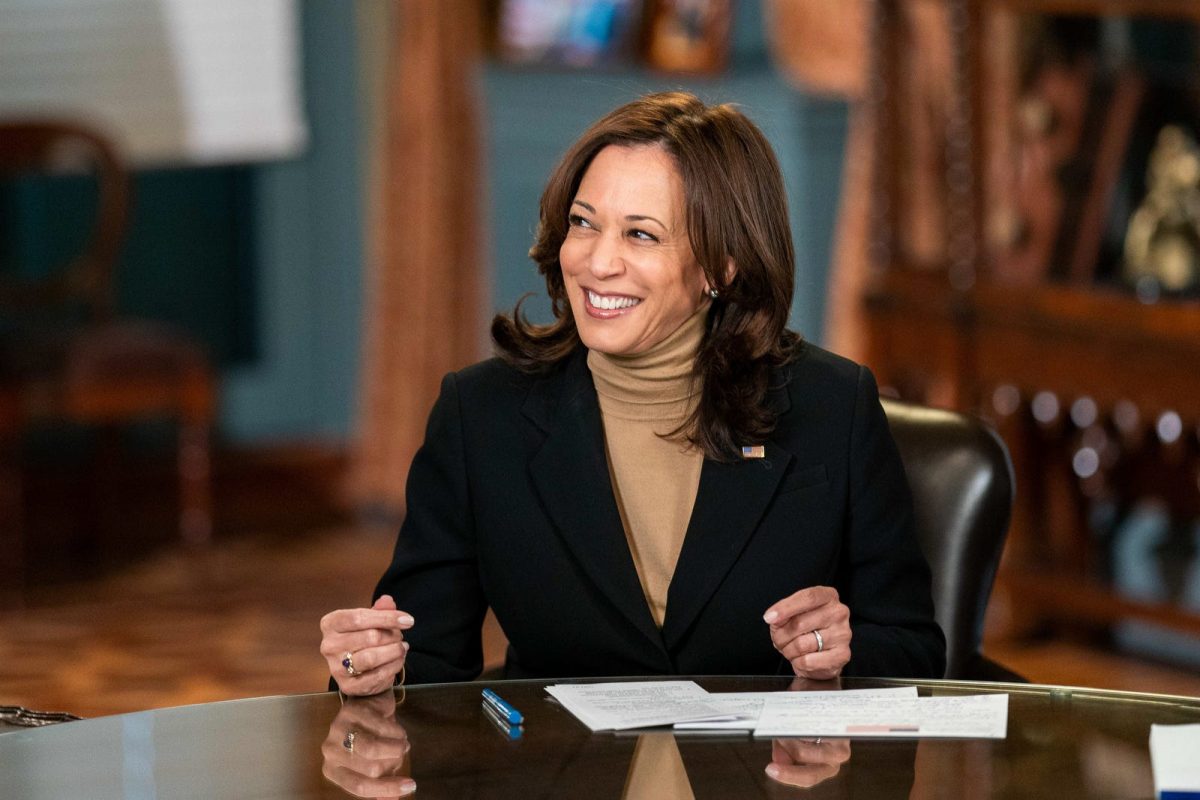







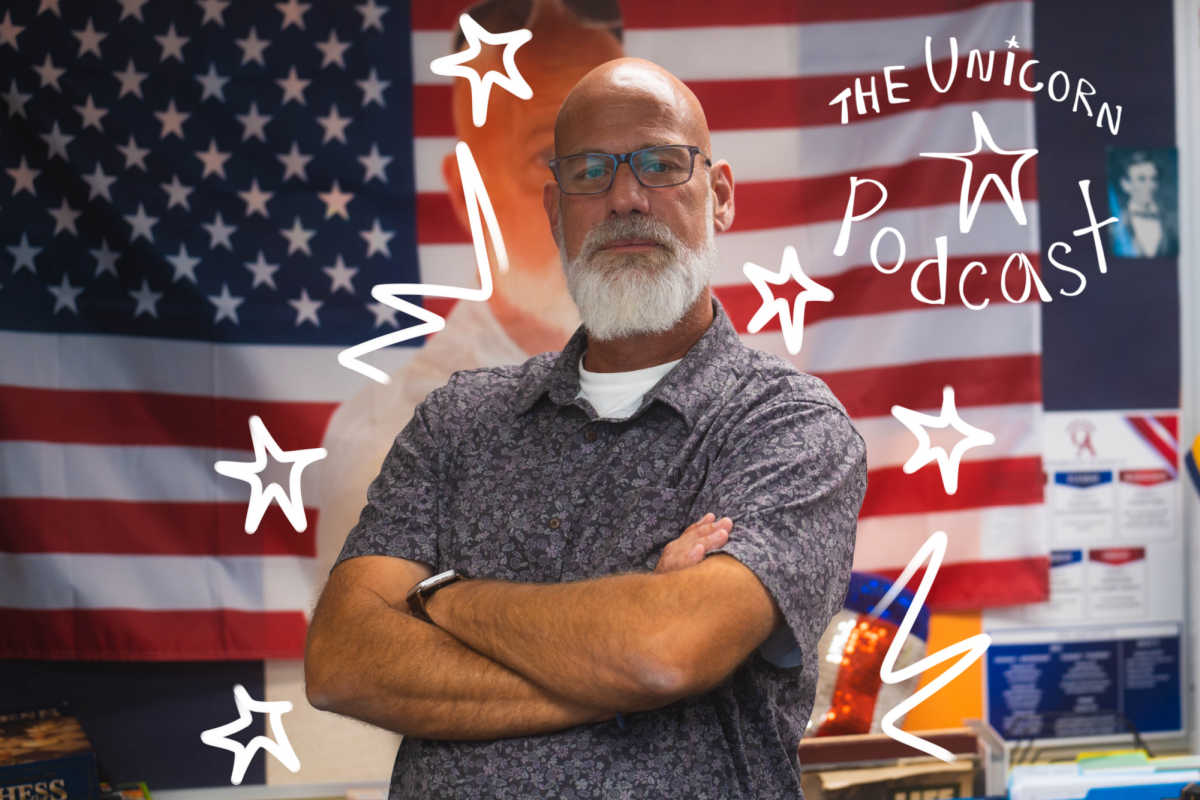












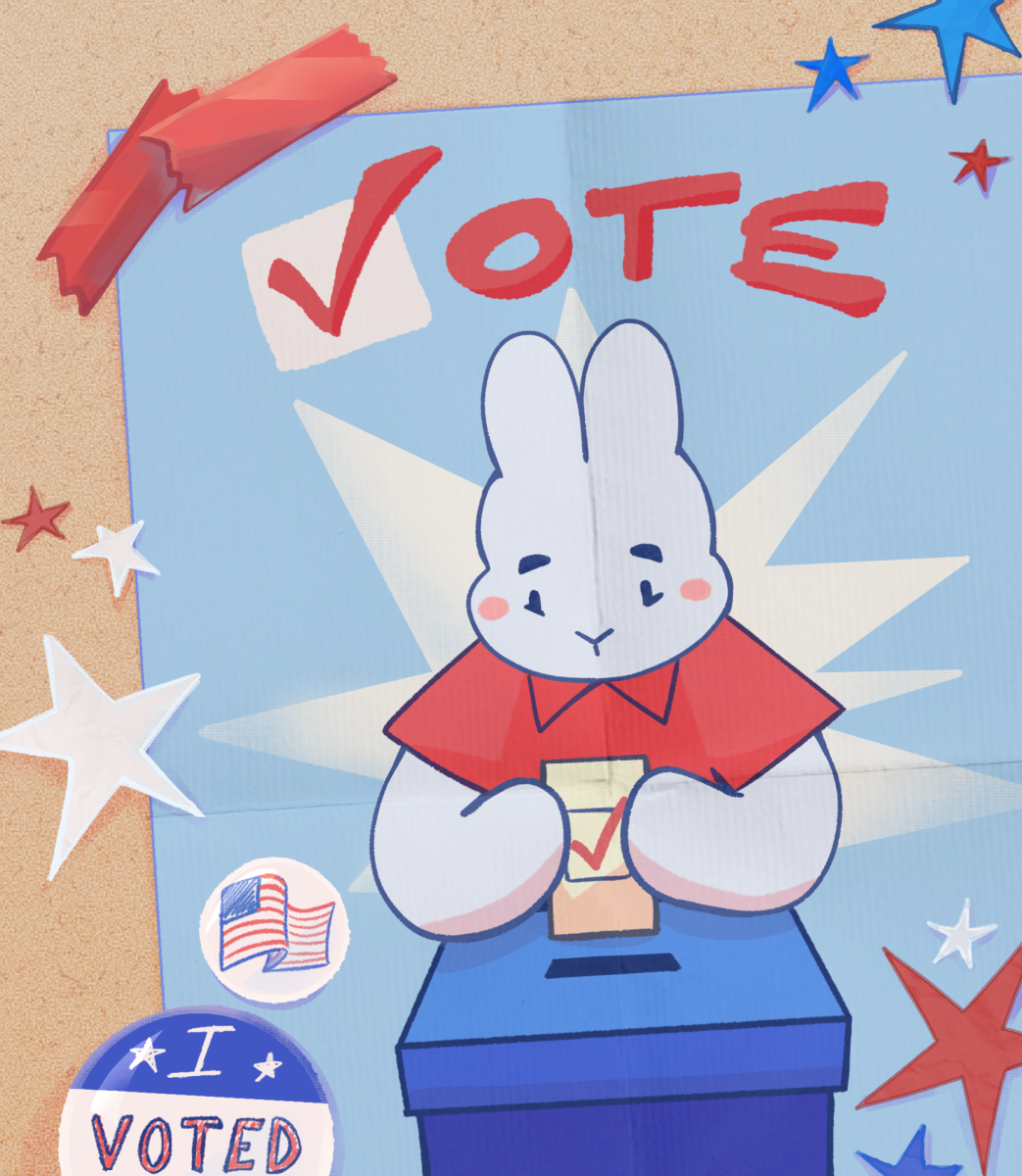
















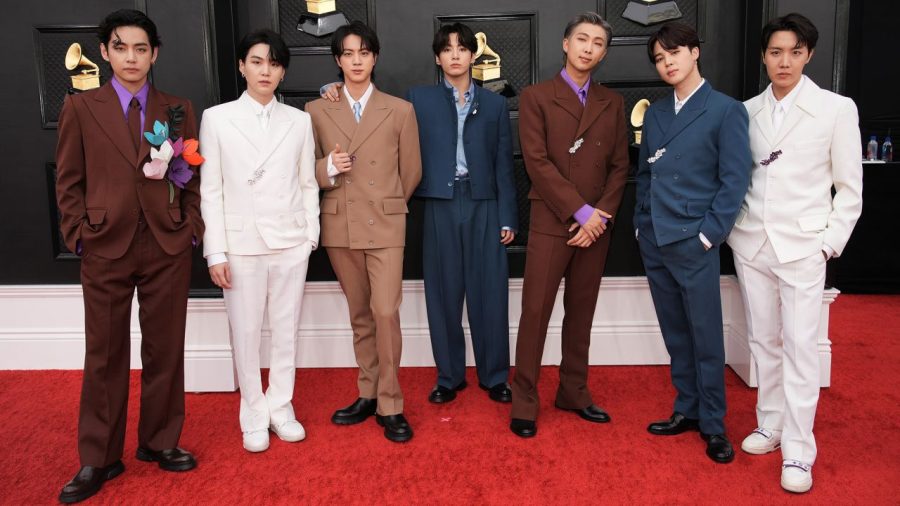

![Escaping the College [Admissions] Rat Race](https://oagamut.com/wp-content/uploads/2023/05/mayoped-750x900.jpg)
